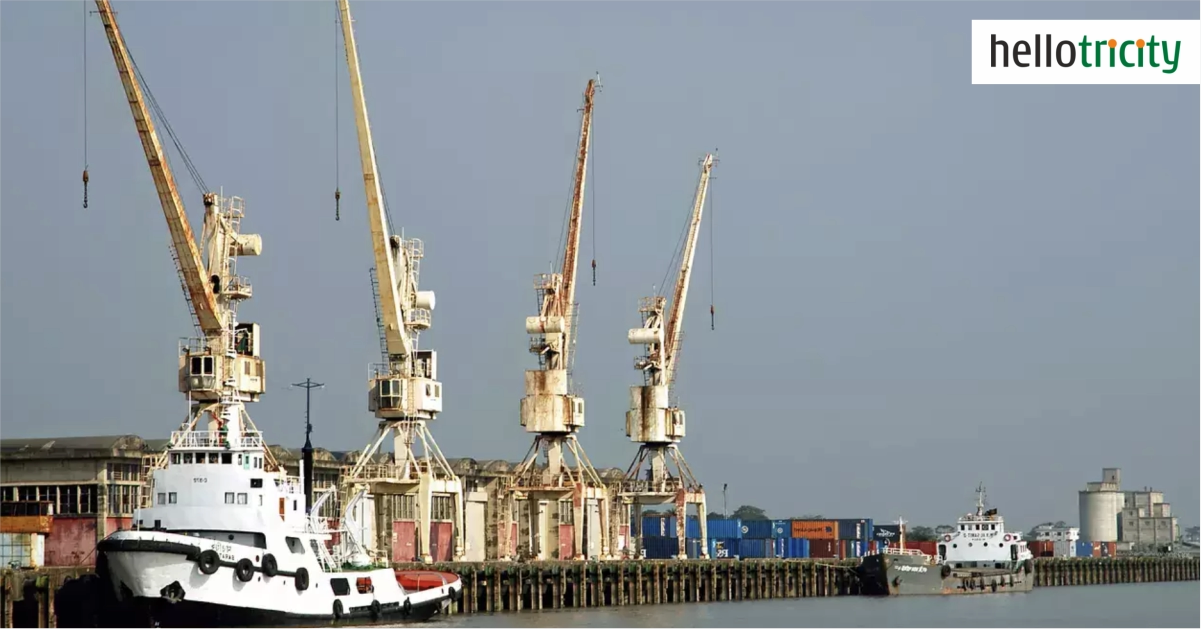With the acquisition of operating rights to a terminal at Bangladesh’s main seaport, Mongla Port, India has accomplished a major strategic win. This construction is a critical component of India’s border strategy to challenge China’s growing presence in the region and is set to increase India’s maritime power, notably in the Indian Ocean.
With the recent agreements for the ports at Sittwe, Myanmar, and Chabahar, Iran, India is demonstrating its commitment to managing ports abroad with the acquisition of the Mongla port. Although the agreement’s exact terms are unknown, rumours suggest that Indian Port Global Limited (IPGL) would be in charge of managing the terminal’s operations. With this action, India is demonstrating its increasing involvement in international port administration, a relatively new but quickly developing project for the nation.
The management of Mongla port is anticipated to significantly boost India’s trade connectivity and regional influence. Bangladesh had previously granted India full access to the Chittagong and Mongla ports for transit and cargo shipping in 2018, a decision that has already strengthened bilateral trade relations. The operational rights to Mongla port will further facilitate trade, offering a vital maritime link to India’s landlocked northeastern states via alternative access to the Kolkata port. Bypassing the Siliguri corridor could help in reducing shipment duration as well as enhancing trading efficiency.
Meanwhile, China has been actively extending its influence across the Indian Ocean through its Maritime Silk Road initiative. Chinese companies are involved in constructing and holding stakes in numerous ports across the region, including Gwadar in Pakistan and Djibouti in East Africa. Beijing’s Strategic Hold in the Region is important because around 80% of China’s Energy Imports go through the Indian Ocean.
Bangladesh has been one of the countries since 2016, which joined China’s Belt and Road Initiative (BRI). This has enabled her to reap benefits from Beijing’s funding towards infrastructural projects like the creation of a single-point mooring system at Chittagong port and the establishment of a 750-acre industrial park among others, however, Bangladesh must carefully manage its ties with China and India in light of the Mongla port arrangement.
This difficult balancing effort is shown by the recent trips to both nations by Prime Minister Sheikh Hasina of Bangladesh. Several cooperation agreements, especially those about the marine industry, were inked during her visit to India. Her visit to China, however, only produced a meagre USD 137 million in financial support—a far cry from the USD 5 billion loan she was hoping for.
Regardless of which country was commissioned to administer the port, Bangladesh benefits from India’s operational rights to the Mongla port is a win-win situation for both nations. In addition to boosting bilateral commerce between Bangladesh and India, the agreement is anticipated to improve economic integration and regional connectivity.
Finally, in light of the intensifying regional rivalry with China, India’s acquisition of operating rights at Mongla port is a strategic win that should strengthen its maritime clout and trade effectiveness.




